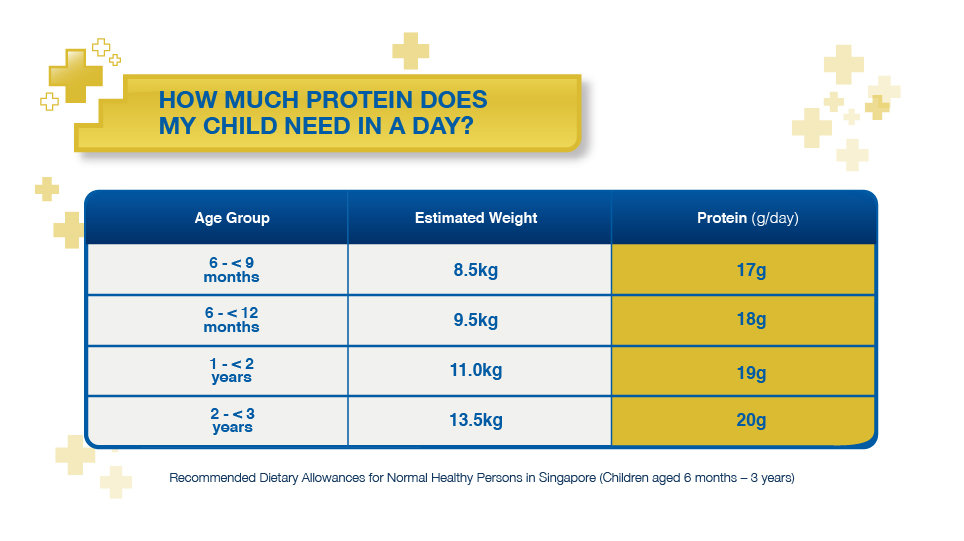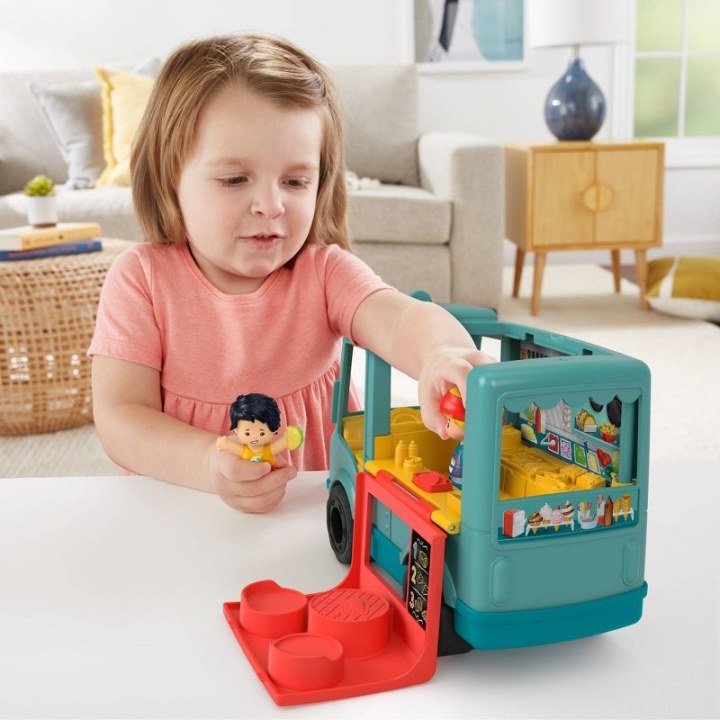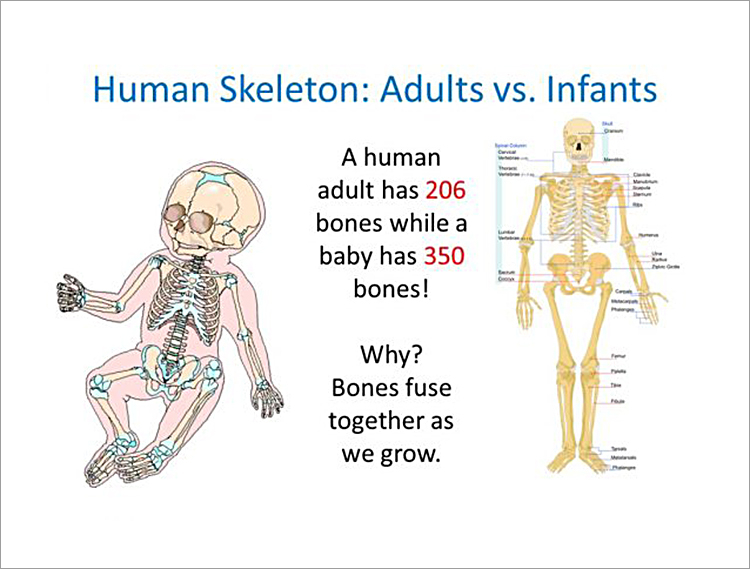How Many Grams Of Protein Is In A Baby
Have you ever wondered how much protein is in a baby’s diet? Understanding the nutritional needs of infants is crucial for their growth and development. In this article, we will delve into the topic of how many grams of protein is in a baby’s diet, providing you with all the essential information you need to know.
Knowledge
When it comes to the protein needs of babies, it is essential to consider their age and stage of development. Newborn babies require a diet that is rich in protein to support their rapid growth and development. On average, a newborn baby needs around 9 grams of protein per day. This amount can vary depending on the baby’s weight and overall health.
Protein can be found in a variety of foods that are suitable for babies, including breast milk, formula, and pureed meats. Breast milk is considered the best source of protein for infants, as it contains all the essential nutrients they need for healthy growth. Formula milk is also a good alternative for babies who are not breastfed.
As babies grow older and start to eat solid foods, it is important to introduce protein-rich foods into their diet. Some excellent sources of protein for babies include pureed meats, poultry, fish, eggs, dairy products, and legumes. These foods provide essential amino acids that are necessary for muscle growth and overall development.
It is essential for parents to ensure that their baby is getting enough protein in their diet to support healthy growth. Monitoring your baby’s intake of protein-rich foods and adjusting their diet as needed is crucial for their overall well-being. Consulting with a pediatrician or a nutritionist can help you determine the right amount of protein your baby needs based on their age and individual requirements.
Conclusion
In conclusion, understanding how many grams of protein is in a baby’s diet is essential for ensuring their healthy growth and development. By providing your baby with a balanced diet that includes sufficient protein, you can help support their overall well-being. Remember to consult with healthcare professionals for personalized advice on meeting your baby’s nutritional needs.
Overall, the target audience for this information is parents and caregivers of infants who want to ensure that their baby is getting the right amount of protein in their diet. By following the guidelines provided in this article, you can help support your baby’s growth and development in the best possible way.
It is important to pay attention to your baby’s nutritional needs, including their protein intake, as it plays a crucial role in their overall health and well-being. By being informed about the protein requirements of babies, you can make educated decisions about their diet and ensure that they are getting the nutrients they need to thrive.





